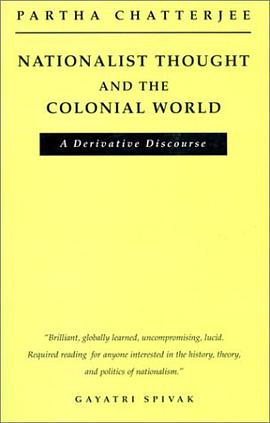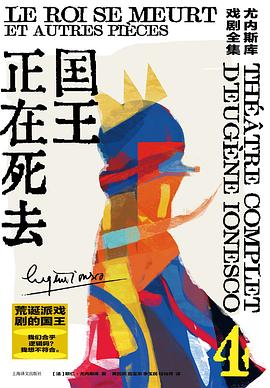Nationalist Thought and the Colonial World
内容简介
"If it isn't obvious from the title of this book that this is going to be full of postmodern jargon, it becomes clear quite quickly that Chaterjee prefers difficult terms like 'problematic', 'thematic' and 'discourse' without always defining them - he even admits his admiration for Rorty, Barthes, Foucault and Derrida. Nonetheless, underneath all of this verbiage is a strong and convincing argument about the three stages of nationalism in India: the moment of departure (epitomized by Bankimchandra Chatttopadhyay), the moment of manoeuvre (Gandhi) and the moment of arrival (Nehru). Chatterjee clearly shows how nationalism in India was akin to Gramsci's concept of the 'passive revolution' - i.e. merely a drive towards independence, not towards transforming or breaking up colonial institutions. He argues that, instead of supporting nationalism, we should instead challenge the marriage between reason and capital. From the title of this book one might expect Chatterjee to draw links to other anti-colonial nationalisms but he doesn't; rather he only discusses India (not even other parts of South Asia). While this approach doesn't really make this book too useful for examining anti-colonial nationalisms in general, for someone like me who has never read a book on Indian nationalism this is a good introduction."
......(更多)
作者简介
帕尔塔·查特吉(1947— ) 政治学家,印度加尔各答社会科学研究中心主任,美国哥伦比亚大学人类学教授。印度“庶民研究”(又称为贱民研究或底层研究)学派的主将,对当代民族主义和殖民主义研究具有创造性的贡献,被誉为印度最重要的批判知识分子,他被视为法农之后,少有的同时被第三世界和英美主流学术界广泛认可的重要学者。
......(更多)
目录
......(更多)
读书文摘
......(更多)






